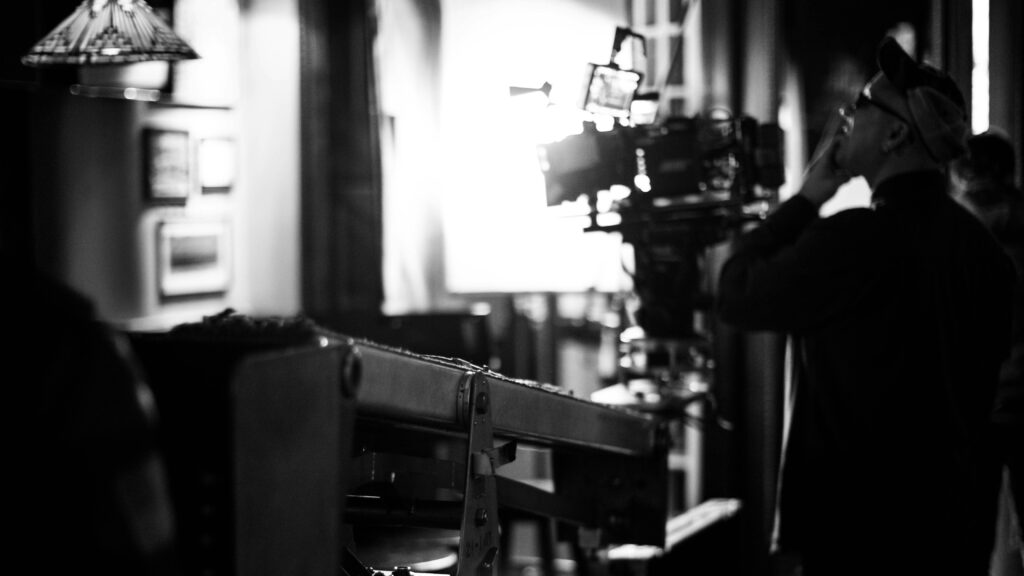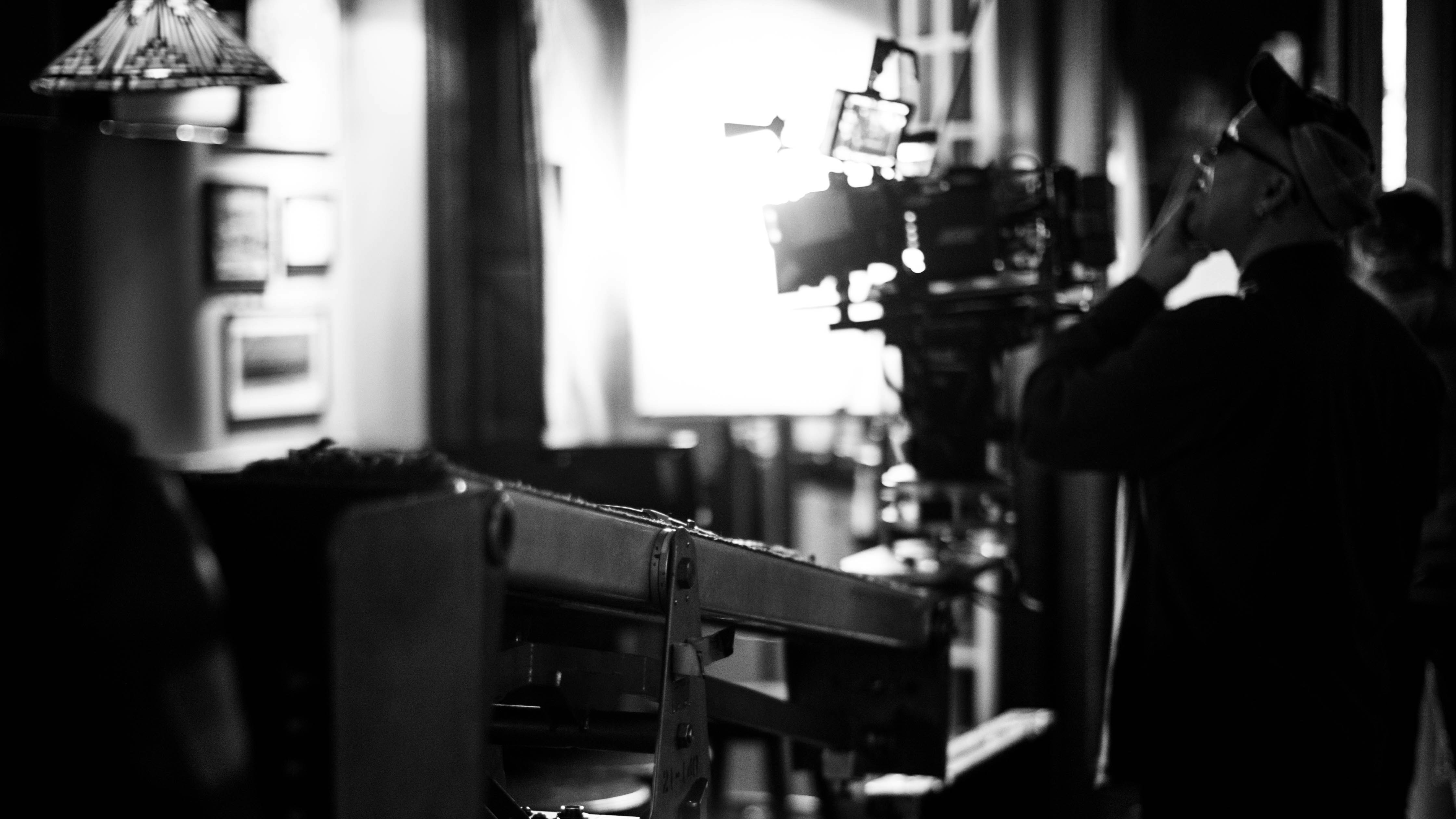
Early Life and Background
Malcolm-Jamal Warner was born on August 18, 1970, in Jersey City, New Jersey. His upbringing in this vibrant city played a crucial role in shaping his character and future career. Raised primarily by his mother, a provided support that fostered his ambitions, Warner was surrounded by a close-knit family that encouraged creativity and self-expression. His family background and environment proved instrumental in developing his early interests, particularly in the fields of acting and music.
From a young age, Warner exhibited a profound interest in the performing arts. His childhood was filled with exposure to various artistic endeavors, which ignited his passion for both acting and music. He began to participate in school plays and community theater, where he honed his acting skills and gained confidence in front of an audience. This formative experience laid a solid foundation for his later success in the entertainment industry.
Education was a significant aspect of Warner’s upbringing. He attended the prestigious Arts High School in Newark, New Jersey. This institution not only provided him with well-rounded academic training but also immersed him in an environment filled with fellow artistic souls. This nurturing atmosphere further intensified his love for the arts while simultaneously offering vital networking opportunities that would serve him well in the future.
Throughout his childhood and early adolescence, Warner’s family encouraged him to pursue his dreams relentlessly. He was inspired by various cultural influences and sought to cultivate his talent through dedicated practice and exploration of his interests. These early influences and experiences ultimately set the stage for Warner’s remarkable career trajectory, which would see him transition effectively from a talented young actor to a celebrated figure in the entertainment industry.
Breakthrough Role in ‘The Cosby Show’
Malcolm-Jamal Warner rose to prominence through his portrayal of Theo Huxtable on the acclaimed sitcom ‘The Cosby Show’, which originally aired from 1984 to 1992. This role became a defining moment in Warner’s career, showcasing his talent and establishing him as a household name. ‘The Cosby Show’ was groundbreaking in its representation of an affluent African American family, and Theo’s character served as a relatable figure for many viewers, navigating the challenges of adolescence in a comedic yet meaningful way.
Throughout the series, Theo experienced significant character development that resonated with audiences. Initially presented as a typical high school student, his growth was portrayed through various engaging storylines. Notable episodes include his struggle with learning disabilities, which provided an honest look at the educational challenges many children face. Such narratives were instrumental in normalizing conversations around mental health and learning differences within the context of a family-friendly sitcom.
The impact of ‘The Cosby Show’ reached far beyond its immediate viewership. It opened doors for more diverse storytelling in television, challenging stereotypes that were prevalent in earlier media representations. The show paved the way for many African American actors and actresses, allowing for a more nuanced portrayal of Black families and their experiences. Warner’s character, Theo, played a crucial role in this evolution, embodying both the lightheartedness and complexity of growing up in a multifaceted environment.
In the context of today’s media landscape, the influence of ‘The Cosby Show’ and Malcolm-Jamal Warner’s contribution continues to be felt. The show’s legacy remains a benchmark for how diverse narratives can be woven into mainstream television, inspiring future generations of storytellers and actors.
Diverse Career Ventures Post-Cosby Show
After achieving prominence on ‘The Cosby Show,’ Malcolm-Jamal Warner embarked on a multifaceted career that showcased his remarkable versatility. Transitioning from the iconic role of Theo Huxtable, Warner embraced a range of dramatic performances that highlighted his depth as an actor. One of his notable projects was the sitcom ‘Malcolm & Eddie,’ which aired from 1996 to 2000 and featured him in a co-starring role alongside Eddie Griffin. This program allowed Warner to explore a different comedic dynamic while solidifying his presence in television beyond the legacy of his earlier work.
Warner’s dedication to expanding his craft did not stop with sitcoms. He appeared in various dramatic roles across television series such as ‘The View’ and ‘Community,’ where he demonstrated his ability to captivate audiences with compelling performances. His commitment to acting extended to film projects, including appearances in notable titles like ‘The Preacher’s Wife’ and ‘The Taking of Pelham 1 2 3,’ further establishing his credentials within the entertainment industry.
In addition to his work as an actor, Malcolm-Jamal Warner has pursued a career in music, showcasing his talents as a musician and vocalist. His musical endeavors include the release of his own albums and participation in various collaborations within the genre of jazz and R&B. This artistic direction allowed Warner to further explore his creativity, proving that his talents transcended traditional acting roles.
Moreover, Warner has expanded his skill set to include directing and producing, illustrating his aspiration to take on new challenges within the industry. His work behind the scenes has contributed to different projects, reflecting his nuanced understanding of storytelling and character development. Through these diverse career ventures, Malcolm-Jamal Warner has not only strengthened his artistic portfolio but has also carved out a distinct identity in the rich tapestry of the entertainment landscape.
Legacy and Impact on the Industry
Malcolm-Jamal Warner’s career has been characterized not only by his notable performances but also by his substantial legacy within the entertainment industry. Having gained prominence as a child actor on the iconic television series “The Cosby Show,” Warner has consistently broken barriers for African American representation in media. His nuanced portrayals and relatable characters have inspired a generation of actors who seek to reflect the diversity of the human experience onscreen. Warner’s impact is evident in how he has paved the way for upcoming talents in both television and film, encouraging them to embrace their heritage while pursuing their artistic passions.
Beyond his acting career, Warner has been a vocal advocate for various social issues. His involvement in community outreach and projects that address social justice speaks to his commitment to using his platform for positive change. By highlighting the challenges faced by marginalized communities, Warner has encouraged dialogue on vital topics, thereby influencing public perception and policy. This advocacy not only enhances his legacy but also places him prominently in discussions relating to the role of artists in promoting social equity.
The significance of Warner’s body of work can be observed in its continued resonance with audiences today. His performances have sparked discussions surrounding race, family, and identity, and his artistic contributions have remained relevant through evolving societal narratives. This ongoing relevance underscores the necessity for authentic representation in the media, a cause to which Warner has dedicated himself since his early days in the industry. By championing these critical themes, Malcolm-Jamal Warner has secured an enduring legacy, one that will serve as an inspiration for future generations of artists and advocates alike.

